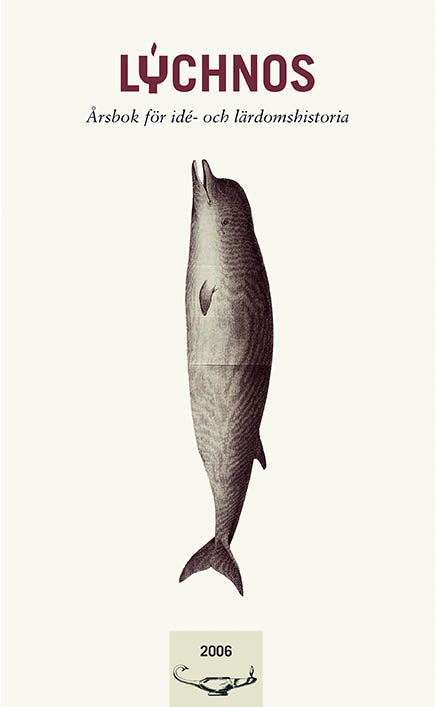Tradition and truth
Dilthey and Gadamer on the history of philosophy
Abstract
This paper deals with the views of the German philosophers Wilhelm Dilthey and Hans-Georg Gadamer on the study of philosophy's history. Gadamer criticizes Dilthey for relating to the Western philosophical tradition as if it were an object of historical research lacking relevance to current concerns. Gadamer calls this approach to history historicism (Historismus). Dilthey thus tended to argue that the metaphysical claims of the past should not be understood in terms of their subject matters. Rather, they should be understood as unintended expressions (Ausdrücke) of their historical context. According to Gadamer, however, the history of philosophy should not exclusively be approached in this way. Gadamer agrees with historicism that thought depends upon its context. But he nevertheless holds that historicism mistakenly sees this dependence as a reason for denouncing philosophical claims to validity. In this paper, the fairness of Gadamer's critique of Dilthey is questioned. It is argued that Dilthey did not consistently assume that the question of the subject matter of, e.g., historical texts is wholly subordinate to the question of their contextual sources.
Downloads
Published
Issue
Section
License
This work is licensed under a Creative Commons Attribution 4.0 International License. The copyright for the work published in Lychnos remains with the authors.


